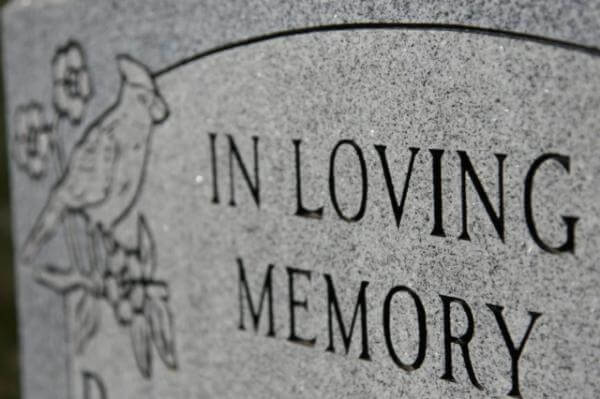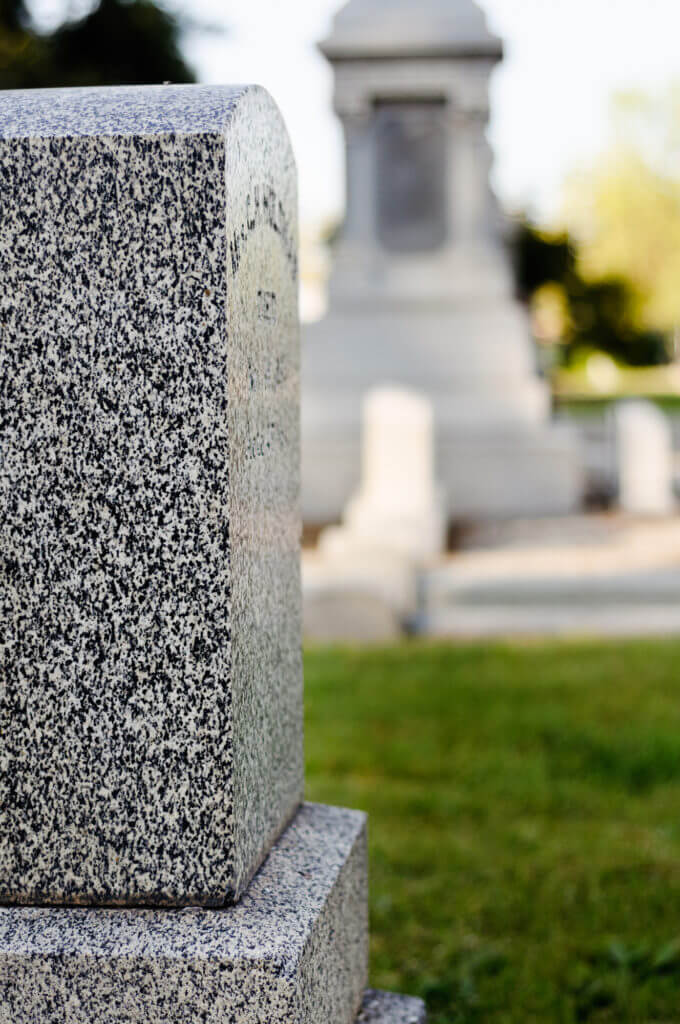– Help with Funeral Costs –
During times of emotional turmoil, it can be difficult to take control of the deceased’s finances and cover the costs; however, there are various payment plans and benefits available.
Pre-Paid Funeral Plans
A pre-paid funeral will ensure that all of the costs and arrangements have been made in advance. Paying now usually means that you can bypass inflation as the costs are capped at today’s prices.
Pre-paying for a funeral for somebody else means that you don’t have to make difficult decisions during an upsetting time; or paying for your own funeral means that no outstanding bills will be left to your next of kin or close friends.
Funeral plans are taken out by the funeral director and are usually linked to specific firm or funeral style which is agreed upon in advance.
Funeral Insurance
Funeral insurance is similar to a pre-paid plan as payments are made in monthly instalments prior to the death; however, there are some variations. For example, instead of being tied to a particular funeral director, firm or style, a fixed lump sum is paid out that will cover the costs. While this can provide more freedom, it means that inflation can’t be capped as you will not have a prior agreement with specific providers.
Flexible Payment Scheme
A funeral director may offer you a flexible payment scheme if you don’t have the money to cover the costs or are waiting for funds to be released by the deceased’s estate. However, in these circumstances all of the other costs that aren’t attributed to their fee will have to be covered.
Low Income Benefits
If you are on a low income, you could be eligible for benefits from the Social Fund to help you pay for the funeral. How much you are entitled to will depend on your individual circumstances. If the person who died had a pre-paid funeral plan, you’ll only get money for expenses that aren’t covered up to £120.
Funeral Payment can help cover:
· Exclusive rights to a particular burial plot.
· General burial fees.
· Cremation fees and doctor’s certificate.
· Up to £700 in general funeral expenses, such as a coffin and flowers.
· Attendance travel costs.
· Body transportation costs for parts of a journey that exceed 50 miles.
When payment is processed it will go directly to the funeral director if they haven’t already been paid, otherwise it will be deposited into your bank account.
For a more detailed overview on what Funeral Payment can cover, visit: Funeral Payment claim form.
Repayments
When you use low income benefits, you’ll usually have to pay back any money that you inherit from the deceased person’s estate to cover the costs. This includes money or property, but not a house or personal things left to a widow, widower or civil partner.
Eligibility
In order to successfully claim for low income benefits, you must’ve had one of the following relationships with the deceased.
· Partner when they died.
· Close relative or close friend.
· Parent of a stillborn after 24 weeks of pregnancy.
· Parent of deceased child under 16 (or under 20 if they are in full time education).
In addition, you must be claiming at least one of the following benefits or tax credits:
· Income support.
· Job seekers allowance.
· Income-related employment and support allowance.
· Housing benefit.
· Pension credit.
· Working tax credit relating to a disability.
· Child tax credit.
· Universal credit.
If you are waiting for a decision on another benefit, you can still apply. Your eligibility can also be affected if another close relative of the deceased isn’t claiming benefits.
To start a claim you must fill out the Funeral Payment (SF200) claim form.
Legal Requirements
There are only two legal requirements related to funerals that must be followed in the UK.
1. The death must be registered before the funeral.
2. And that the body must be properly taken care of, either by burial or cremation.
If you are arranging the funeral, you will have to sign a form which makes you responsible for all of the costs. If you aren’t available, the local council will take on the responsibility and make the arrangements; however, they will only provide a basic low-cost funeral.
Recovering Funeral Costs
Funeral fees are recovered from the deceased’s estate before any other debts are paid, apart from secured debts. If you pay for the funeral, you will be entitled to recover the costs; however, if there’s not enough money in the estate, you’ll have to pay the bill yourself. If negligence was the cause of death, then you can claim back the money for the funeral as compensation. If the local council arranges the funeral, they are also entitled to recoup the costs.
Following the Deceased’s Wishes
The person who has died may have left guidelines in their will or funeral insurance policy as to the type of services they would like to have. You are under no legal obligation to follow these guidelines.
If you ever have any doubts about whether or not you are responsible for paying the funeral costs, contact your local council. For contact details visit: Find Your Local Council
Another site I have found very useful is the Good Funeral Guide







